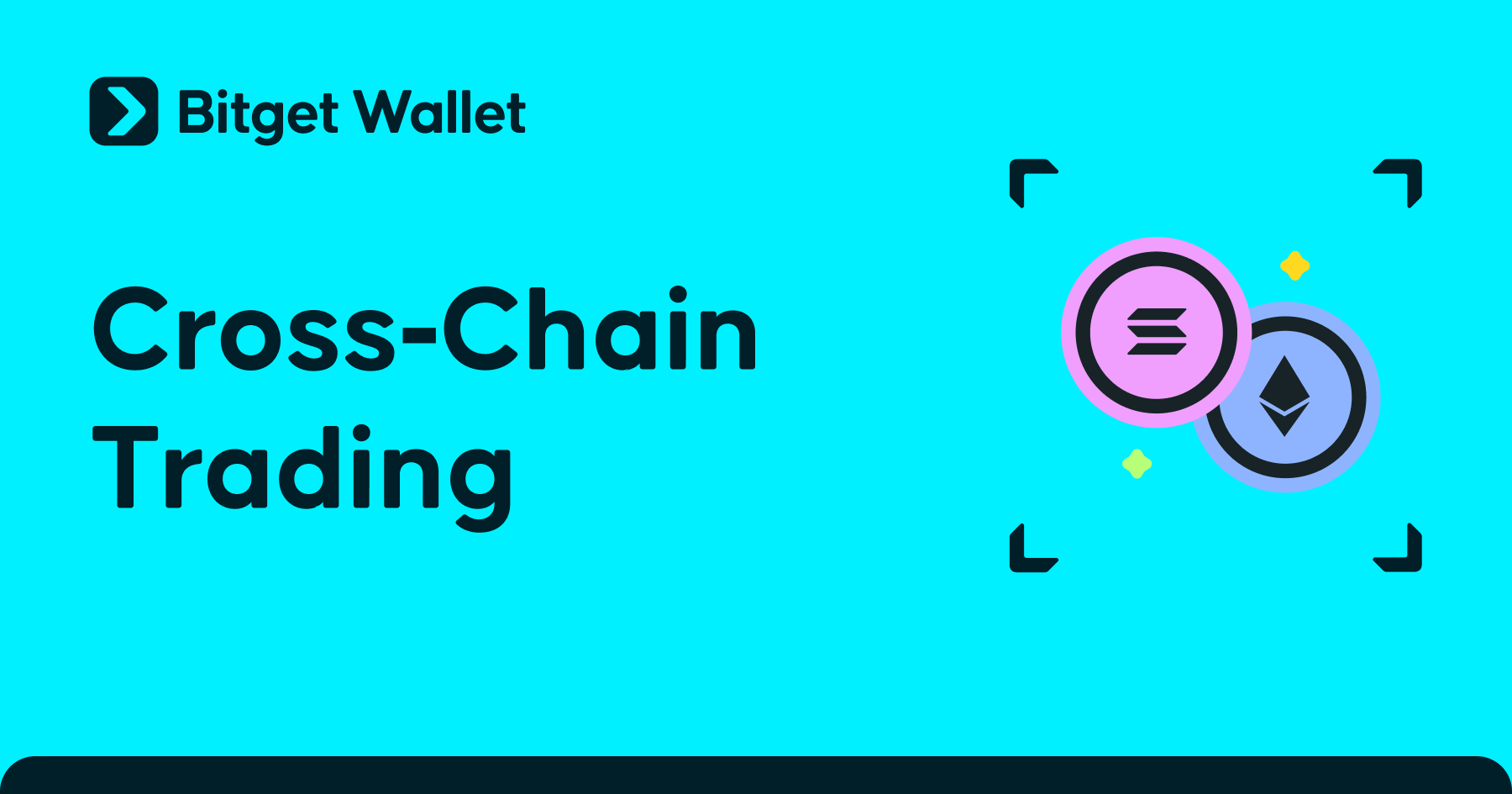Japan’s Crypto Insider Trading Ban Explained: How New FSA Rules Could Redefine Market Integrity
Crypto insider trading Japan is entering a new era. With the Financial Services Agency (FSA) and the Securities and Exchange Surveillance Commission (SESC) pushing for a landmark amendment to the Financial Instruments and Exchange Act (FIEA), Japan is poised to bring digital assets under the same regulatory spotlight as stocks and bonds. The upcoming reforms mark a turning point in Japan crypto regulation: by 2026, insider trading in crypto markets will be explicitly prohibited under new Japan crypto insider trading regulation provisions.
As the number of crypto accounts in Japan continues to surge, regulators believe it’s time to bolster market integrity and global compliance alignment. For investors and traders navigating these new rules, secure and transparent wallet solutions like Bitget Wallet will play a crucial role. By offering non-custodial control, multi-chain analytics, and built-in security tools, Bitget Wallet helps users stay compliant and manage their digital assets safely in an increasingly regulated market environment.
Key Takeaways
- Japan is drafting a formal ban on crypto insider trading Japan under the FIEA, empowering the SESC to investigate and penalize illicit trades.
- The shift in Japan crypto regulation reflects wider global trends toward digital-asset oversight, as the industry matures.
- Market participants, from exchanges to individual traders, will face new compliance demands under Japanese crypto compliance frameworks.
What Is Japan’s Crypto Insider Trading Ban and Why Now?
Japan has recognized that existing laws did not sufficiently cover digital assets when it comes to insider dealing. Under the current regime, the FIEA’s insider trading provisions apply to securities such as stocks and bonds—but not to most cryptocurrencies. That gap has created vulnerabilities under crypto insider trading Japan rules.
In response, the FSA and SESC are working on a regulatory overhaul so that trading on undisclosed or non-public information—such as upcoming token listings or exchange vulnerabilities—becomes illegal for digital assets.

Source: Coincentral
The reasoning is clear: with the number of crypto accounts in Japan rising rapidly — for example, 7.88 million active crypto accounts were reported in August (about four times more than five years ago) — regulators feel pressure to protect investors, maintain transparency, and prevent market manipulation. Thus, crypto insider trading Japan enforcement will now be a top compliance priority.
Historically, oversight of the crypto-asset market in Japan was more relaxed and partly self-regulated via the Japan Virtual and Crypto Assets Exchange Association (JVCEA). With the new reforms, the shift is from self-regulation to formal government-led enforcement under Japan crypto regulation. The timing also reflects global momentum: Europe’s MiCA, the U.S. SEC’s enforcement, and Korea’s emerging laws all point to a wave of digital-asset supervision — and crypto insider trading Japan fits firmly into that global movement.
How Will the FIEA Amendment Regulate Crypto Insider Trading?
Japan’s Financial Instruments and Exchange Act (FIEA) — traditionally applied to securities and derivatives — is being revised to explicitly cover digital assets and token transactions, setting the foundation for crypto insider trading Japan enforcement. This marks a historic move toward comprehensive crypto market oversight under traditional financial law.

Source: X
What Will Be Prohibited Under the New Rules?
Under the upcoming amendments, the definition of “inside information” will be extended to cover digital assets. For example, someone who knows in advance that a crypto exchange will list a new token or has knowledge of a major security flaw may be barred from trading based on that information.
Penalties are expected to align with those for securities: fines tied to profits made from illicit trades, possibly criminal referrals, and overall stronger deterrents — a direct effort to eliminate crypto insider trading Japan practices from the market.
Who Will Enforce the Rules?
The SESC will be granted specific powers to investigate suspected crypto insider trading Japan cases, recommend surcharges, and refer offenders for criminal prosecution. The FSA is leading the working group, aiming to finalize the proposal by the end of 2025 and submit the amendment in 2026.
In effect, this gives Japan robust regulatory machinery for crypto markets similar to what is used in traditional finance, reinforcing both Japan crypto regulation and global market integrity.
What Challenges Exist in Defining ‘Insider’ in Crypto?
Traditional insider trading laws rely on clearly defined issuers, company insiders, and merger announcements. But in crypto, many tokens have no centralized issuer, founders may be anonymous, and decentralized governance complicates insider definitions — a key challenge for crypto insider trading Japan regulators.
Japan’s regulators recognize this. They emphasize that legislative clarity is preferable to ad-hoc enforcement.
Thus, defining what constitutes “undisclosed information” in a token context (e.g., protocol vulnerabilities, listing plans) will be one of the biggest hurdles. Once enacted, the Japan crypto insider trading regulation could serve as a model for other jurisdictions tackling crypto insider trading Japan-related cases. This alignment with global standards strengthens Japan’s position as a regulatory leader.
How Will Japan’s New Rules Affect Traders and Investors?
The introduction of the Japan crypto insider trading regulation under the amended FIEA will reshape how traders, investors, and exchanges operate. By redefining insider information and enforcing stricter disclosure requirements, the reform levels the playing field between institutional and retail participants, while deterring crypto insider trading Japan at all levels.
What Does It Mean for Market Transparency?
The new Japan crypto insider trading regulation is designed to restore investor confidence. By bringing crypto under securities-style rules, Japan signals that digital assets are subject to real oversight. This shift will discourage crypto insider trading Japan, promote fairness, and strengthen institutional trust.
While short-term compliance costs may rise, the long-term outcome is a cleaner, more reliable market. Regulatory clarity fosters sustainable growth and fairer participation.
What About Exchanges and Compliance Teams?
Exchanges operating in Japan must prepare. Under Japan crypto regulation, reporting duties will increase: mandated disclosures, suspicious trading reports, and FSA-aligned oversight. Many platforms that once relied on voluntary JVCEA monitoring must now meet formal enforcement standards.
Source: X
Compliance teams will need advanced monitoring systems to detect crypto insider trading Japan, integrating on-chain analytics, audit trails, and cross-chain tracking to meet Japan crypto compliance standards.
How Does Japan’s Approach Compare Globally?
Japan is positioning itself among leading regulatory frameworks for crypto insider trading Japan. For example:
- The EU’s MiCA mandates transparency across crypto assets.
- The U.S. SEC enforces insider trading cases selectively.
- South Korea plans to add crypto-specific insider-trading laws in 2025.
Japan’s structured, legislative approach ensures clarity and consistency, making it a potential compliance hub in Asia. Its clear framework around crypto insider trading Japan helps firms operate confidently under predictable oversight.
How Can Crypto Investors Stay Compliant Under Japan’s New Rules?
With the upcoming Japan crypto insider trading regulation, investors and project teams must move from reactive compliance to proactive governance. The FIEA reform aims to cultivate ethical market behavior and eliminate crypto insider trading Japan misconduct before it occurs.
Key Steps for Traders and Projects
- Avoid trading on unpublished information such as upcoming listings, security flaws, or internal platform changes. This is at the heart of crypto insider trading Japan policy.
- Choose platforms that implement transparent disclosure policies, audit logs, and KYC/AML compliance aligned with Japan crypto compliance standards.
- Stay updated with FSA, SESC, and JVCEA bulletins as Japan’s framework for crypto insider trading Japan evolves.
- Develop internal governance and staff training to enforce compliance culture and prevent insider leaks.
Role of Technology in Compliance
Technology will be central. On-chain analytics tools can flag unusual trading patterns, trace wallets linked to crypto insider trading Japan, and identify leaks before trades occur. Regulated wallets and exchanges that automate monitoring and auditability will be best equipped to comply with Japan crypto insider trading regulation once it takes effect.
Why Bitget Wallet Is a Safer Choice for Regulated Crypto Trading
In an era where crypto insider trading Japan laws are tightening, using a transparent, compliant platform is crucial. That’s where Bitget Wallet excels.

Bitget Wallet offers multi-chain asset tracking (Solana, Ethereum, Base, BNB, Polygon) and transparent transaction records—helping users align their trading with the demands of Japan crypto compliance. With zero-fee trading and a focus on secure stablecoin storage, the wallet supports the shift to regulation-ready trading behaviour under Japan's crypto insider trading regulation.
For Japanese traders or global users looking to stay regulation-aware, Bitget Wallet provides a tool that supports:
-
Secure storage of stablecoins and other assets in compliant environments
-
Cross-chain transparency and audit trails, which strengthen market integrity
-
A user-friendly app that integrates compliance into everyday trading
“Manage all your tokens in one beginner-friendly app – download Bitget Wallet today.”
“Trade, store, and explore Web3 seamlessly – Bitget Wallet keeps you secure.”
As Japan’s regulatory environment evolves, choosing a wallet that is built for compliance is a smart move.
Conclusion
As Japan’s crypto insider trading ban reshapes global standards, investors must adapt to a new era of regulated transparency. The forthcoming Japan crypto insider trading regulation under the FIEA amendment will align digital-asset markets with securities-level fairness and oversight. By empowering the SESC, formalising definitions of insider trading in crypto, and enforcing new compliance frameworks, Japan is elevating market integrity and investor protection.
For traders seeking a secure, regulation-ready tool to manage assets, Bitget Wallet offers stablecoin vaults, cross-chain access, and transparency designed for the new era of crypto integrity.
Sign up Bitget Wallet now - grab your $2 bonus!
FAQs
When will the Japan FIEA crypto amendment take effect?
The proposed amendment to ban crypto insider trading is expected to be submitted in the 2026 parliamentary session, with enforcement beginning thereafter. CoinGeek+1
What counts as “inside information” under the new rules?
It refers to non-public knowledge about upcoming token listings, exchange vulnerabilities, major governance changes, or undisclosed events that could impact crypto asset value.
Who will investigate breaches of the Japan crypto insider trading regulation?
The SESC will have new investigative powers, including surcharge recommendations and criminal referrals, supported by the FSA.
Risk Disclosure
Please be aware that cryptocurrency trading involves high market risk. Bitget Wallet is not responsible for any trading losses incurred. Always perform your own research and trade responsibly.
- Crypto's Halloween Rally: 5 Best Cryptos to Haunt Before Christmas 20262025-10-24 | 5 mins
- XRP Price Prediction Today: What To Expect From XRP in October 2025?2025-10-10 | 5 mins


















